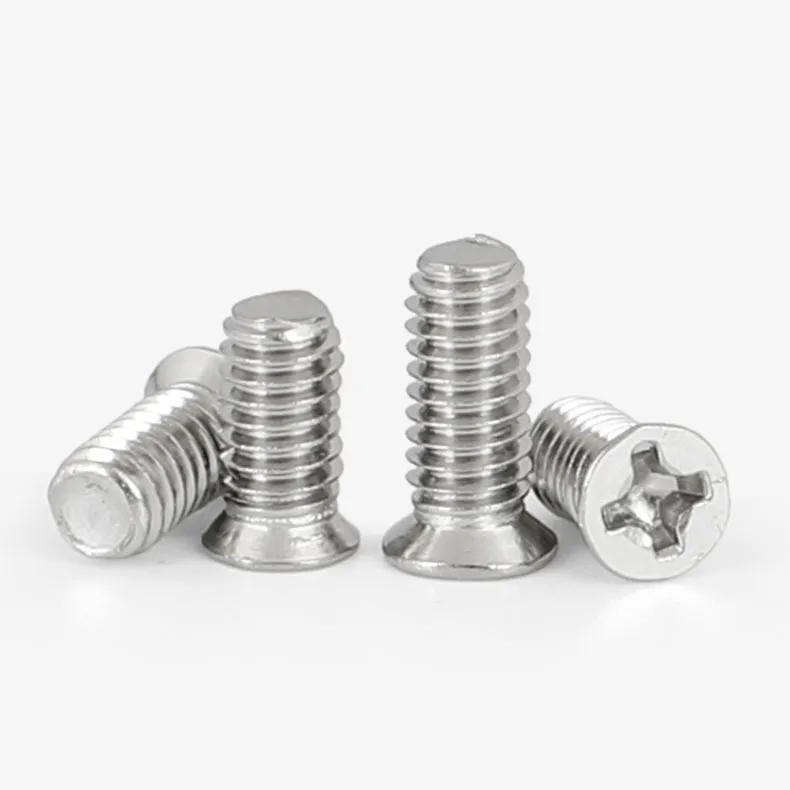

self tapping screws for metal sizes
Sep . 22, 2024 16:04 Back to list
self tapping screws for metal sizes
Choosing the Right Self-Tapping Screws for Metal A Comprehensive Guide
When it comes to fastening metal components, self-tapping screws are an essential choice. These screws are designed to create their own hole as they penetrate the material, making them ideal for various applications in metalworking. Understanding the sizes and types of self-tapping screws is crucial for anyone involved in fabrication, repair, or assembly.
Self-tapping screws come in various lengths and diameters, each suited to specific tasks. The standard size range typically includes screws from 2 (2.0mm diameter) up to 14 (6.3mm diameter), with lengths varying from 1/4 inch to 3 inches or more. The choice of size depends on the thickness of the metal being fastened. For thin sheet metal, shorter screws, often around 3/8 to 1 inch, are sufficient, while thicker materials may require longer screws to ensure a secure hold.
The type of self-tapping screw also matters. For metal, screws with a sharp point are preferred, as they can easily penetrate through tough surfaces. There are two main types of self-tapping screws suitable for metal thread-forming and thread-cutting. Thread-forming screws create their own threads without removing material, making them ideal for softer metals like aluminum. On the other hand, thread-cutting screws remove material to create threads, which is necessary for harder metals, ensuring a tighter fit and enhanced stability.
self tapping screws for metal sizes

Another important consideration is the material and finish of the screws. Stainless steel screws are often preferred for outdoor use due to their corrosion resistance, while zinc-plated screws are commonly used for indoor applications. The finish not only affects the aesthetic but also the longevity and durability of the fastener.
To achieve the best results, it is essential to use the correct drill bit size and to pre-drill holes in particularly hard metals. This helps prevent the screw from breaking and ensures that the fastening process is smooth and efficient.
In conclusion, selecting the right self-tapping screws for metal involves understanding the various sizes, types, and materials available. By taking these factors into account, you can ensure a strong and durable connection in your metalworking projects, ultimately contributing to the overall quality and longevity of your work.
Latest news
-
Hot Dip Galvanized Bolts-About LongZe|High Strength, Corrosion Resistance
NewsJul.30,2025
-
High-Strength Hot Dip Galvanized Bolts - Hebei Longze | Corrosion Resistance, Customization
NewsJul.30,2025
-
Hot Dip Galvanized Bolts-Hebei Longze|Corrosion Resistance&High Strength
NewsJul.30,2025
-
High-Strength Hot-Dip Galvanized Bolts-Hebei Longze|Corrosion Resistance&High Strength
NewsJul.30,2025
-
Hot Dip Galvanized Bolts-Hebei Longze|Corrosion Resistance&High Strength
NewsJul.30,2025
-
Hot Dip Galvanized Bolts - Hebei Longze | Corrosion Resistance, High Strength
NewsJul.30,2025

